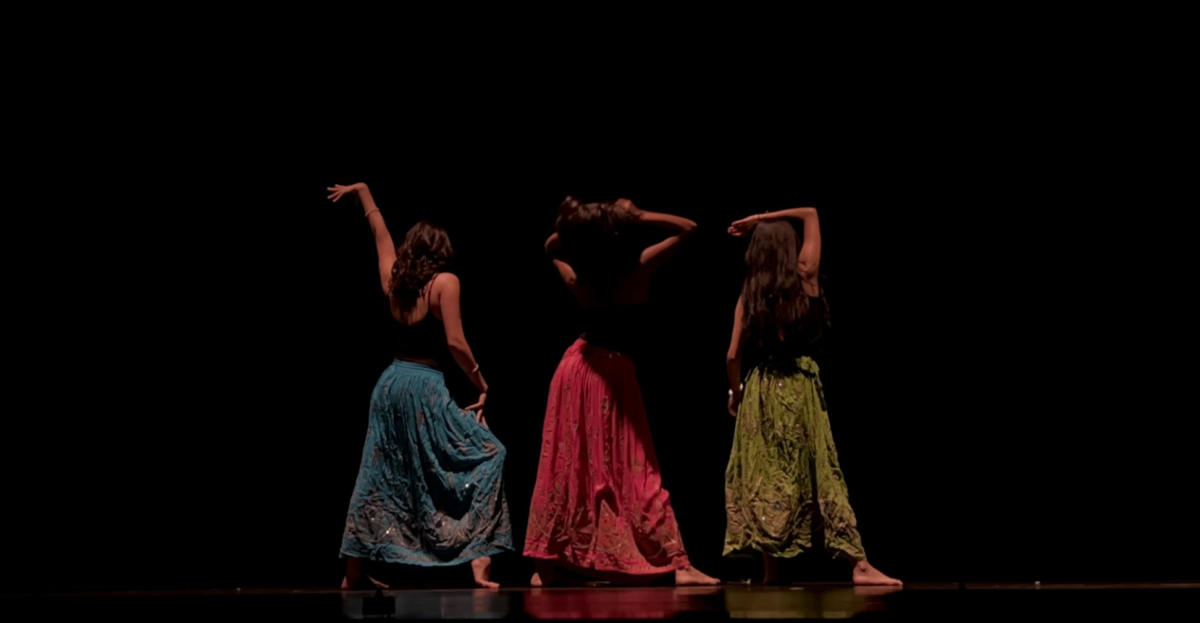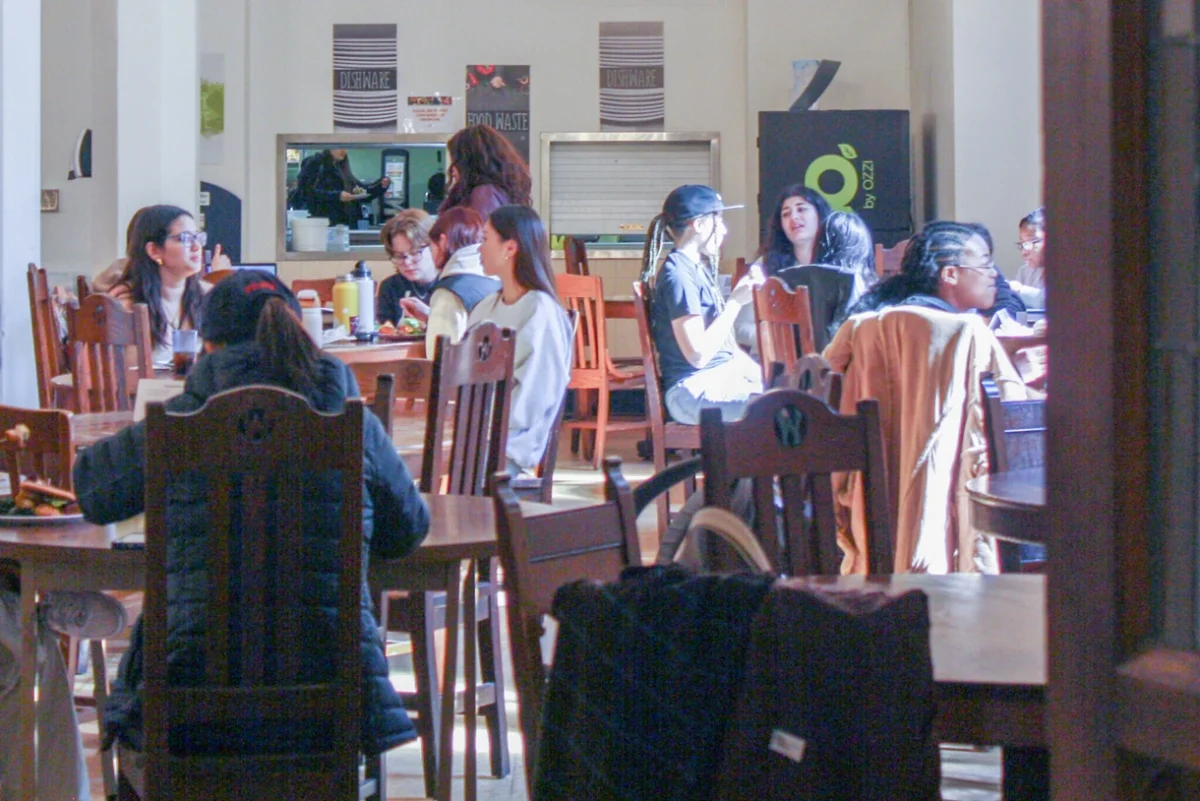Wellesley Against Mass Incarceration (WAMI), a new organization on campus, aims to raise awareness about mass incarceration and connect with local groups in the community already working on these issues.
Rachael Labes ’20, co-founder and president of WAMI, said the need for the club on campus was paramount because there was not an organization specifically dedicated to combating police brutality or mass incarceration.
“I got together with some friends who are also very focused on community engagement and activism, and I decided there was a need on campus for a specific group working against the carceral state,” Labes said.
Videos of blatant police brutality, White House’s rhetoric regarding the NFL protests across the country and the lack of remedies for mass incarceration are disconcerting. These issues caused the founders of WAMI to assemble and change the conversation surrounding convicts.
The U.S. has the highest incarceration rate in the world, and 46 percent of prisoners are nonviolent offenders convicted of drug-related charges. Labes stresses the importance of the human side to these statistics.
“It’s really important to move past the statistics and focus on ways to help real people whose lives have been torn apart by a cruel and unjust system,” Labes said. “The current administration in the White House is putting roadblocks in front of these movements. We really need to push back on this, and I think the most effective way to do that as students is to make our voices heard on the local and state level.”
Students involved with the organization concurred that making people aware that the problem exists is the first major step in beginning to advocate for this issue. Natalia Marques ’20, co-founder and member of WAMI, describes her invaluable experience working with formerly incarcerated individuals and the need to adequately represent incarcerated people in elitist spaces, which they may never be able to enter.
“I spent my summer doing prison abolitionist work as an internship. A lot of the most amazing organizers, teachers and revolutionaries in the movement were formerly incarcerated people,” Marques said. “As one of the most talented folks I got to work with told me: despite how far he had ‘risen’ in life since prison, there were still spaces that he would never be allowed into. To him, it was important that I represented incarcerated people fairly within those spaces.”
Raising awareness is important, but WAMI wants to take it a step further. Their most pressing goal is to work with local organizations and mobilize members of the community to help pass legislation for reforms.
“I did not think that I could have a substantial impact on this issue until I was out of college and an established professional. When I learned that there was a student on campus who created an organization to mobilize students against mass incarceration, I was both grateful and ready to help in any way that I could,” said Kristen Adams ’20, co-founder of WAMI. “I had never realized that we could, and should, start with whatever resources we have to create the world in which we want to live.”
Labes highlighted that grassroots organizing will be a fundamental portion of the organization.
“There’s current legislation to reform the pretrial process and work towards bond reform. We are trying to work with local activist groups to see what [other] legislation they’re pushing for at the moment and see how Wellesley students can get involved,” Labes said.
WAMI has plans to launch several initiatives to start off the first year of the organization. Their first initiative of the year was a prison penpal campaign, which they launched in hopes of reframing the discussion surrounding crime and criminals. The plan is to group members with those incarcerated based off of their responses to questionnaires, and the exchange would ideally happen once or twice a month.
Labes added, “I think this is a great way to start introducing people to this topic and de-stigmatize the idea of a convict. I hope this will benefit students as well as those incarcerated, that people will be able to form friendships and hear each other’s experiences.”
Other initiatives for WAMI in the fall include laptop sticker sales and a screening of Ava Duvernay’s film “13TH,” followed by a discussion with professors.
Adams hopes that the organization will inspire students to combat the inequalities she sees in the incarceration system.
“I hope members will be inspired to increase their own knowledge about the realities of the system and become equipped with the tools to not only accept alternatives to the current system, but to also be able to devise their own alternatives. In order to achieve this, members will need to bring open minds and hearts, passion, and the desire to collaborate for a better world,” she said.
As a white woman, Labes said she is well aware of the need to step back and make space for the students of color to share their experiences and lead the fight.
“While this is a project I’m really excited and passionate about, I also recognize that this is a fight primarily for black lives and for racial justice, so I try to balance that and be an ally to this cause,” Labes said.





